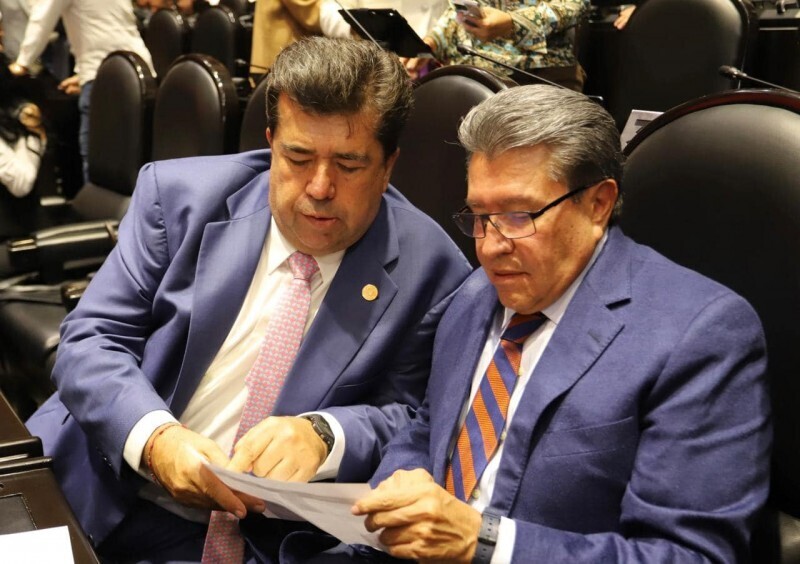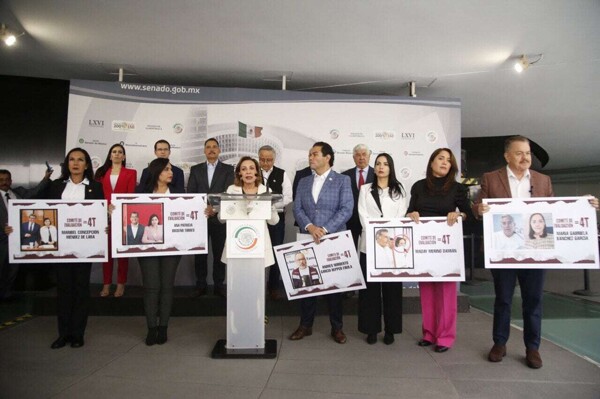
In the Chamber of Deputies of Mexico, a draft reform to Article 107 and the addition of a fifth paragraph to Article 105 of the Constitution was approved, regarding the non-appealability of additions or reforms to the Magna Carta, with 340 votes in favor and 133 against.
Pedro Haces Barba, union leader of the Autonomous Confederation of Workers and Employees of Mexico (Catem) and also a member of the Chamber of Deputies, challenged the PAN to prove that he was absent from the country during the voting. In response to the criticism, Haces Barba explained that as a national labor leader, he must travel throughout the territory and that his priority is the workers of Mexico.
The Senate of the Republic recently approved the reforms to Articles 105 and 107 of the Constitution, establishing that actions of unconstitutionality against additions or reforms to the Federal Constitution are inadmissible.
In a tense session, the 4T benches in the Chamber of Deputies (Morena, Labor Party, and Green Party) quickly approved the draft derived from what was approved in the Senate. This measure, which reinforces the "constitutional supremacy of the 4T," obtained 340 votes in favor in general from the federal deputies.
One of the votes in favor from Morena, that of Pedro Haces, generated controversy as it was marked as present when it was rumored that he was at a sporting event in New York. In response to accusations of absenteeism, Haces Barba defended his work as a territorial leader and committed to actively participating in activities in favor of workers in Mexico.
During the session, Deputy Federico Döring from PAN expressed his dissatisfaction with the alleged absence of Haces Barba and questioned his commitment to parliamentary responsibilities. However, Haces Barba remained firm in his position, reminding that his role as a union leader involves traveling throughout the country and addressing the needs of workers.














